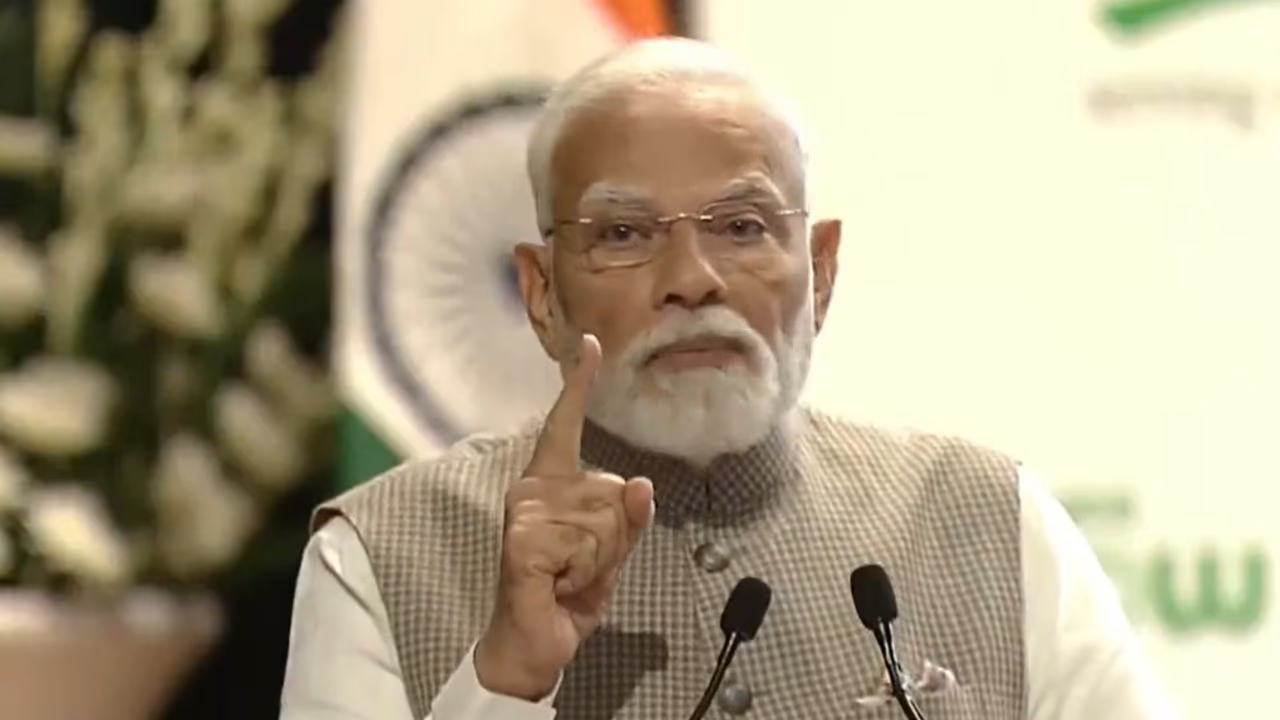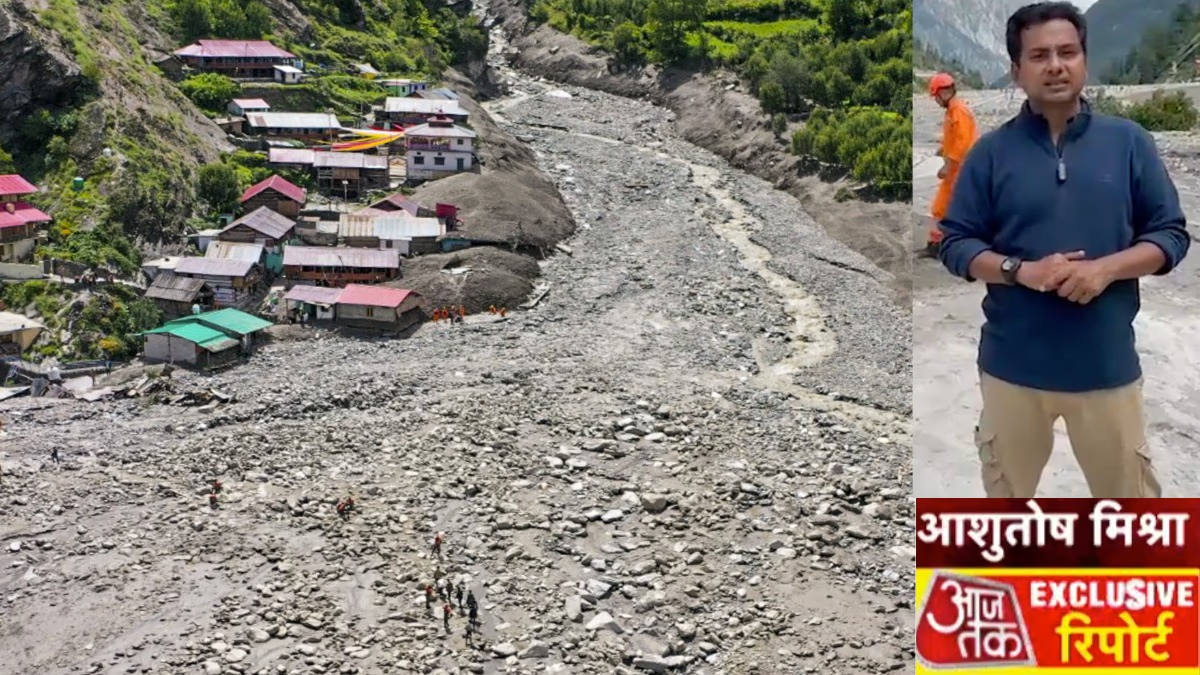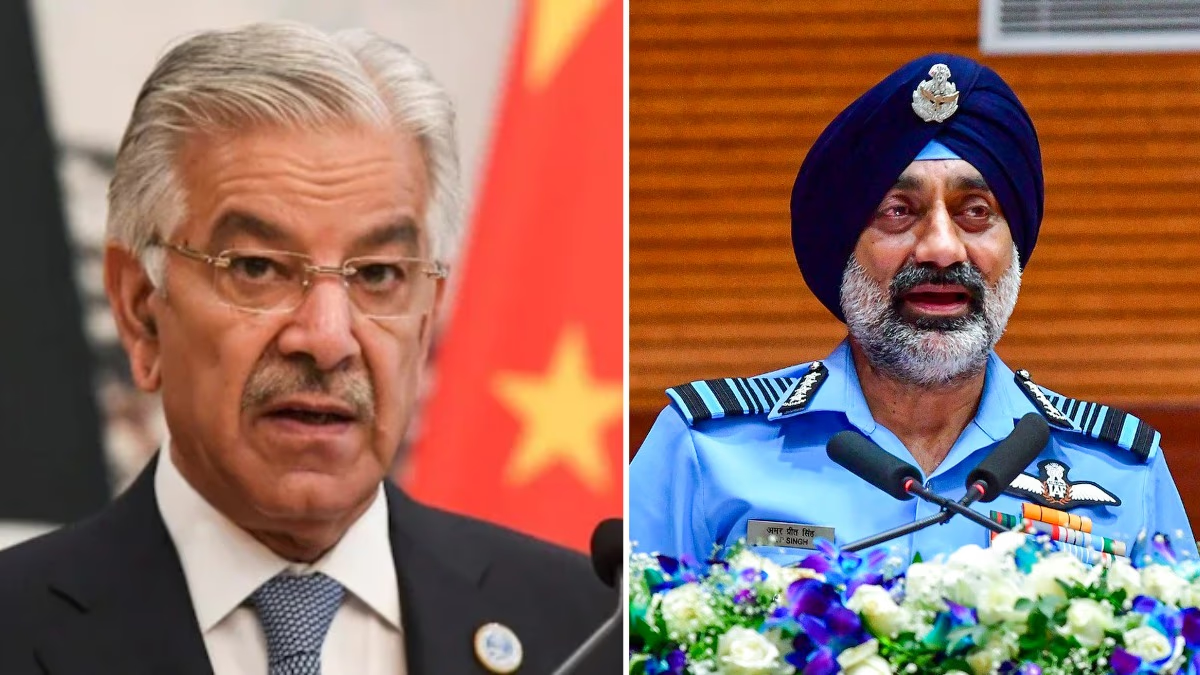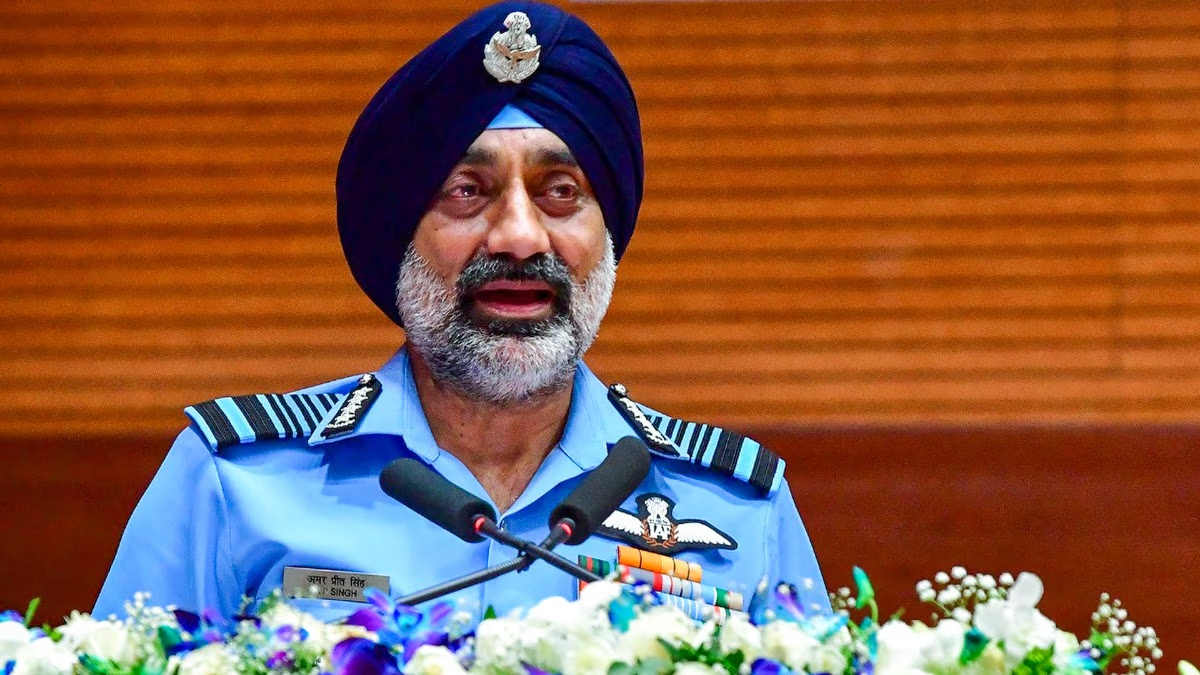Amid the tariff conflict with the United States, Prime Minister Narendra Modi made a significant statement in defense of Indian farmers. He emphasized that safeguarding the interests of farmers is India's utmost priority. India will never compromise on the welfare of its farmers, fisherfolk, and livestock keepers. Modi acknowledged that he is aware of the high cost he must bear but stated he is ready for it...
While addressing the M.S. Swaminathan International Conference in New Delhi, Modi shared that the government is persistently working to boost farmers' incomes and reduce agricultural expenses.
PM Modi highlighted the record-level production of soybeans, mustard seeds, and peanuts. He stressed,
"Our farmers' welfare takes precedence. India will not compromise on the interests of its farmers, herders, and fisherfolk. I am aware of the personal cost I must pay, but I am prepared for it. For the farmers, fisherfolk, and herders of my nation, India is ready today."
Modi emphasized the continuous efforts to increase farmers' income, lower farming costs, and create new income opportunities. Our government has considered the strength of farmers as the backbone of the country's progress. Hence, recent policies aimed not only at offering help but also at building trust among farmers. Assistance from the PM Kisan Samman Nidhi has empowered small farmers. The PM Crop Insurance Scheme has provided risk protection. Issues with irrigation are being resolved through the PM Agriculture Irrigation Scheme. Organized strength of small farmers has increased. Financial assistance to cooperatives and self-help groups has bolstered the rural economy. The PM Kisan Samriddhi Yojana has accelerated new food processing units and storage development.
What Were America's Demands Regarding Agriculture and Dairy?
It's pertinent to note that in the India-US trade agreement, the interests of Indian farmers and dairy farmers were severely impacted. The United States demanded extensive access to Indian agricultural and dairy markets. It wanted India to remove its high tariffs (20-100%) and non-tariff barriers, enabling American agricultural products like apples, almonds, walnuts, soybeans, and genetically modified corn to enter Indian markets unimpeded.
The U.S. also demanded open markets for dairy products, especially cheese and milk powder, posing a threat to India's 8 crore dairy farmers. American dairy products are a religiously sensitive issue in India since cows in the U.S. are often fed meat-based products.
India firmly opposed these demands due to potential religious sensitivities and the threat to local farmers' livelihoods. U.S. dairy products are cheaper, and Indian farmers already struggle with low incomes and global competition. Accepting U.S. demands could have posed a threat to these dairy farmers' ability to sell their products.
Thus, while India offered concessions in industrial goods and defense purchases, it refused to yield in agriculture and dairy. This led to a displeased Trump imposing a 50% tariff on India in two installments.




